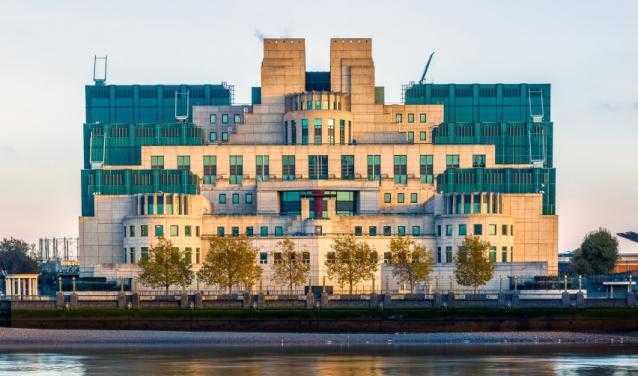Home>Brexit: Defence is not Dead for the U.K.

07.02.2019
Brexit: Defence is not Dead for the U.K.
Sir Richard Dearlove, former head of MI6, invited by PSIA Sciences Po, came to discuss with Jean-Claude Cousseran, former director of the French external intelligence service, and Philippe Hayez, former deputy director of the same service, the future of British defence and security post-Brexit.
Brexit is a very modern sort of modern warfare. No longer do we fight on the beaches, on the landing grounds, in the fields and the streets, but rather in the media and in the British Houses of Parliament. However on this very British issue, the U.K. seeks to leave the European Union and not Europe.
Dearlove began by evaluating the U.K.’s pragmatist stance to the European Union, declaring that the “U.K. has never had an ideological reason for being part of the E.U. [...] we haven’t experienced the trauma of invasion and so we reject moves towards European federalism.” This goes some way to explaining our fall out with the European project. On the contrary, though, the U.K. does not wish to stop cooperating over defence and intelligence with the EU member states. Interestingly the U.K. is arguably the most powerful nation in terms of defence and intelligence within the E.U.,yet it has not used this as a bargaining chip within the Brexit deal negotiations.
But what are the real consequences, at least for the U.K., by choosing to leave the E.U.? In the short to mid term Dearlove predicted that very little would change in the U.K. on defence matters. However life could become more difficult for as by leaving the E.U. we also leave Europol, which contains within it the European arrest warrant agreement and data exchange matters. Passenger information and thus security threats in the field of aviation, for example, will become harder to keep track of. Students met Dearlove’s post-Brexit picture with pragmatism, and were rightly sceptical of the relative advantages of Brexit.
One PSIA student raised concerns over the Irish border and how the backstop might pose a security threat, Dearlove affirmed that “there was no serious threat of a return to terrorism in Northern Ireland”, and that in reality technology could allow for an open border without the need for a backstop.
Perhaps more alarmingly though, according to Dearlove, is that without the U.K.’s presence in the E.U., there is the real possibility that the EU will create its own army. In May’s rejected Brexit deal the “U.K. has dropped its objections to the EU developing its military capabilities outside of NATO”. This could in turn push Trump and the USA to reduce its commitment to NATO, and thus heighten the Russian threat. But Dearlove also made it clear that countries like Germany were not pulling their weight on defence matters. Germany has currently invested just 1.1% of GDP into defence, which is well below the 2% NATO recommendation. As France and Germany are as of now the main two players within the Union, Germany must match France on security as well as ideological matters.
Meanwhile, on the subject of soft-power, Dearlove predicted that the U.K. would be able to strengthen its intelligence and defence services by means of the Commonwealth. A uniquely British concept, the Commonwealth brings together the former British colonies in partnership. This network is very wide reaching and Brexit could see a significant revival of it. Dearlove, a staunch Brexiteer, even spoke of the potential which Brexit offers to improve world and European security with the prospect of a defence triumvirate between the U.K., France, and Germany. Perhaps we ought to see past project fear, he urged, and instead look across the horizon and see that Brexit could mark a new dawn for improved European defence.
Related Links